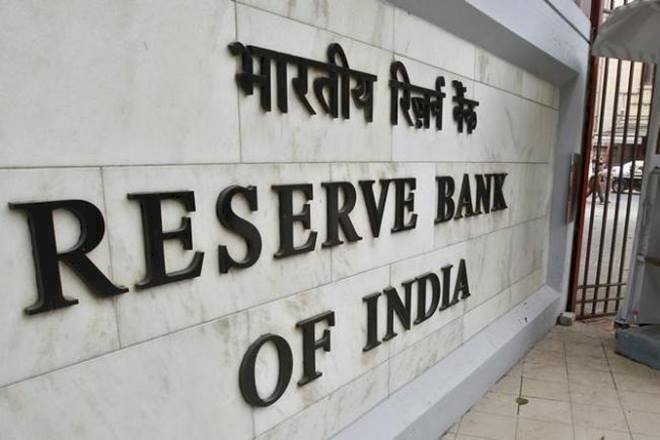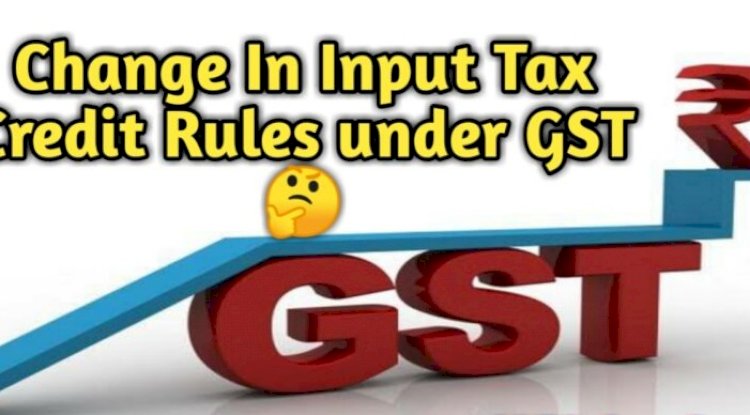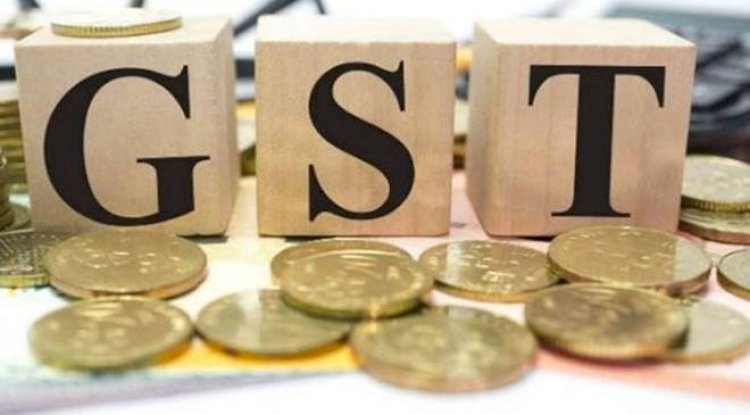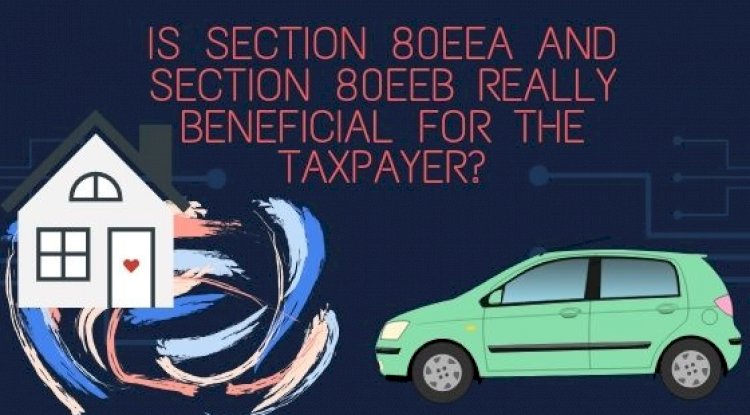Reserve Bank of India joined the big fight today with a host of measures aimed at minimising the damage from Covid-19 with big-bang rate move, EMIs put on hold

The statement says: "All commercial, regional, rural, NBFCs, and small finance banks are being permitted to allow a 3-month moratorium on payment of installments in respect of all term loan EMIs outstanding on March 31."
For the next three months, no EMI would be deducted from the account of anyone who has a loan outstanding. And all this without any hit on credit score. EMIs will resume after the moratorium period gets over.
This is going to be a huge relief for all EMI payers, especially for those — such as the self-employed — whose income had become uncertain in the wake of the lockdown.
The 3-month moratorium will apply to the following loans:
- Corporate loans,
- Home loans,
- Car loans.
- Personal loans
- Education loans
- Any loans which have fixed tenure
Personal loans will also qualify for this. But credit card dues won’t be part of this moratorium as it’s not a term loan.
RBI calls war
Make no mistake, it is a fight never seen before, the RBI governor warned while outlining the risks to Indian economy from coronavirus. He stressed upon the need to keep the credit flowing to the stressed areas of the economy.
Das announced a sizeable reduction in the policy repo rate and maintaining an accommodative stance as long as necessary while ensuring inflation remains within the target.
Das predicted a big recession coming for all the world and said India won't be immune. It all depends on how India responds to the situation, Das said.
A global slowdown could make things difficult for India too, despite some help from falling crude prices, he said. Food prices may soften further on record crop, he added. Aggregate demand may weaken and ease core inflation further, he said.
Three-way liquidity injection
At the presser, Das also announced:
1. Auction of targeted long term repo operations of 3-year tenor for total amount Rs 1,00,000 crore at a floating rate.
2. Reduction of CRR for all banks by 100 basis points. Will release Rs 1, 37,000 crores across the banking system.
3. Accommodation under the Marginal Standing Facility to be increased from 2% from SLR to 3% with immediate effect until June 30. It will release Rs 1.37 lakh crore into the system.
Combined, these three measures will make available a total Rs 3, 74,000 crores to the country's financial system.
The banking system is safe and sound, the governor insisted, adding that it would be fallacious to link share prices to banks' fate. He implored Indians not to worry about their bank deposits.
The Big Bang backstory
After cutting policy rates five times in the past year, the RBI had been on a pause since December in view of high inflation.
Earlier, the financial services secretary had written to RBI seeking a moratorium of a few months on EMIs, interest and loan repayments. A relaxation in the NPA classification norms was also sought with a view to helping those who face loss of income.
Under RBI rules, any default in payments has to be recognized within 30 days and these accounts are to be classified as "special mention accounts". Experts say a re-classification is necessary to ensure businesses survive the coronavirus hit, even at the expense of banks for the time being.
What's Your Reaction?





















